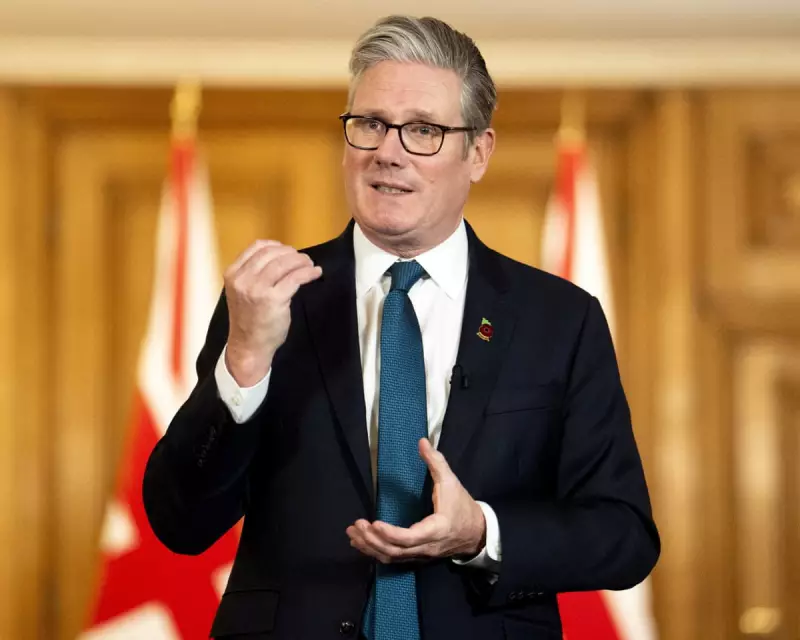
Prime Minister Keir Starmer has mounted a robust defence of his government's ambitious environmental agenda, declaring Britain is "leading the way" in the global transition to a green economy just weeks before the crucial COP30 climate summit.
Navigating the path to sustainability
In a significant pre-summit address, the Labour leader outlined his vision for positioning the UK at the forefront of the clean energy revolution. "We're not just following global trends—we're setting them," Starmer asserted, directly confronting critics who have questioned the pace and scale of his environmental reforms.
The Prime Minister's comments come amid growing political pressure over the practical implementation and costs associated with the UK's net-zero commitments. Starmer acknowledged the challenges but remained resolute, emphasising that delaying climate action would prove more costly in the long term.
A delicate balancing act
Facing scrutiny from both environmental advocates and economic pragmatists, the government is walking a political tightrope. Key aspects of Starmer's strategy include:
- Accelerating the transition to renewable energy sources
- Creating sustainable jobs in emerging green industries
- Ensuring energy security while reducing carbon emissions
- Positioning British businesses as leaders in environmental technology
Global leadership in focus
With COP30 fast approaching, Starmer's remarks signal the UK's intention to reclaim its position as a climate diplomacy heavyweight. The Prime Minister stressed that Britain's domestic actions would strengthen its international influence, enabling more effective advocacy for global climate cooperation.
"Our commitment at home gives us the credibility to lead abroad," Starmer noted, framing the green transition not as a burden but as an economic opportunity that could drive innovation and create high-skilled employment across the country.
The road to COP30
As preparations intensify for the upcoming climate talks, the government faces mounting expectations to deliver concrete progress on its environmental pledges. Starmer's defence of his green economic plans suggests a determination to enter the negotiations with a strong domestic record, potentially influencing other nations to enhance their own climate ambitions.
The success of this strategy—both in terms of environmental impact and political reception—will likely define Britain's role in the next critical phase of global climate action.





